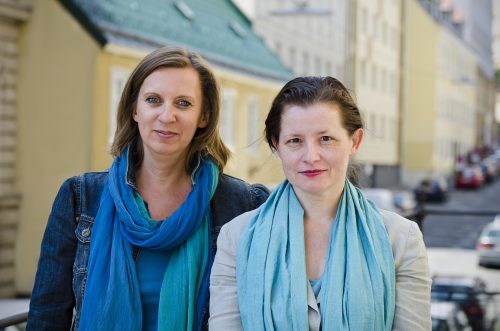
Mag. Dr. Sonja Novak-Zezula and Mag. Dr. Ursula Trummer, Msc., Center for Health and Migration, Vienna, Austria.
By Sonja Novak-Zezula und Ursula Karl-Trummer
A majority of European countries restricts access to health care for irregular migrants to emergency care.
Spain, being a country with a long history of universal and equitable access for everybody on the territory, just recently (2012) changed from an open access model to a most restrictive model using the cost argument in times of economic crisis.
From public health and health economic perspectives this approach has to be questioned, as it allows access to health care at a point of time and ill health where health care provision is the most expensive. Furthermore, it does not allow any preventive or timely treatment.
For Europe, evidence from health economy is scarce. A research project conducted by the Center for Health and Migration Vienna in cooperation with the Asian European Foundation (ASEF) investigates expert opinions on the issue: how reasonable is exclusion from routine care?
Read this article as a PDF-Download.
Tip: More up to date educational events dealing with healthcare and public health can be found online on the Education Database »medicine & health«.
